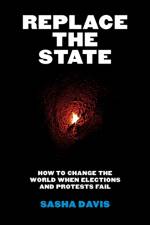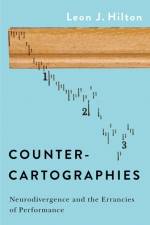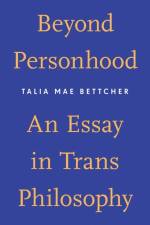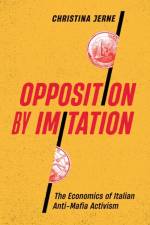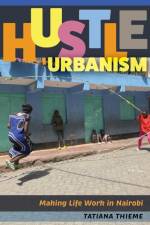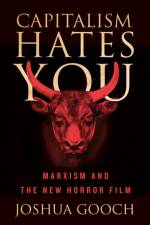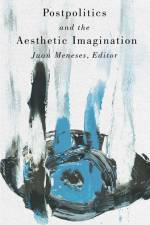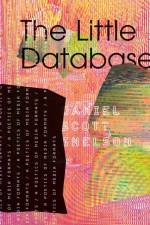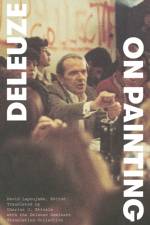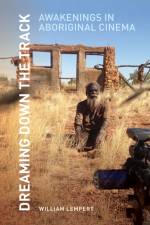335
Igniting political power through the lens of art and the imaginationPostpolitics and the Aesthetic Imagination investigates the erosion of meaningful political action in today's world. Gathering together writings from an array of scholars, editor Juan Meneses asks: can an aesthetic theory of postpolitics help us understand and counteract the most insidious processes of depoliticization? The contributors to this volume explore how the aesthetic imagination can play a crucial role in reenvisioning key political elements, including governance, agency, rights, and responsibility. With a survey of various artistic mediums-film, dance, music, literature, and digital media-the essays illustrate how the aesthetic can reveal ways to breathe new life into the work of emancipatory politics. Reclaiming the arts and humanities as vital to political life, the contributors revisit but also move beyond the social sciences' central focus on neoliberalism and public administration to address other topics such as tech-capitalism, race, environmental violence, and patriarchy. Postpolitics and the Aesthetic Imagination argues for a conscious deployment of aesthetics to resist political anesthesia and promote a more just society, underscoring the role of the imagination in political engagement and change. Contributors: Jacquelyn Arcy, U of Wisconsin-Parkside; Christopher Breu, Illinois State U; Stephen Charbonneau, Florida Atlantic U; Eric Lemmon, Webster U; Robert P. Marzec, Purdue U; Allison Page, Rutgers U-Camden; Matthew Scully, U of Lausanne; Eric Swyngedouw, U of Manchester; Sherryl Vint, U of California, Riverside.




